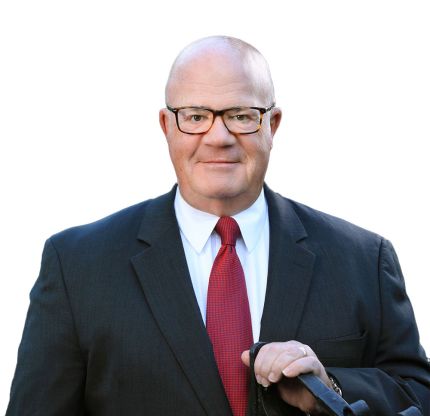

The Non Question: Why Are Funerals So Expensive?
 This question and its brother: “How much does a funeral cost?” Are non questions. When we attempt to answer them directly with rational logical explanations we only end up annoying most people. Especially if we weigh them down with a litany of hours, cost of having a building and the time we waste being ready to take their call.
This question and its brother: “How much does a funeral cost?” Are non questions. When we attempt to answer them directly with rational logical explanations we only end up annoying most people. Especially if we weigh them down with a litany of hours, cost of having a building and the time we waste being ready to take their call.
S0, how do we respond to these questions when they are posed? I use the word respond instead of answer because respond is what we should do. But first a little background.
During the last 30 years funerals have morphed from being a simple product (where the only real decision was selecting a casket) to a complex product. That is complex as opposed to complicated. (another one of those Creedyesque nuances). Complex as applied to products and services is actually a well-defined concept among sales and marketing experts. I don’t know who has missed this, the advertising agencies specializing in our industry or the funeral professional. Probably both. Our continued belief that we are a simple product / service is a large part of why we have so much trouble engaging the public. But I digress…
Among the attributes of complex products and services are that they are expensive and buyers have an inadequate frame of reference from which to assess value. Complex services also involve buyer resistance and, often, multiple decision makers. But most important among the attributes of complex products is this one which is entirely new to our paradigm:
In addition to the age old “why buy from you?” it includes “why buy at all?”
What people, then, are really asking is not about cost. It is:
“Why have a funeral at all?”
How to respond
Again, we should respond instead of react or defend. And the first thing to do is offer a challenge. Something the inquirer has to react or respond to.
As products and / or services become more complex the natural tendency of people is to look for ways to reduce that complexity and its attendant risk. Opting out altogether is one way of doing that. But in the majority of cases that is not what people really want.
It turns out that what people want is for someone to offer them a new and unique perspective and then teach them how that perspective best fits their real need.
When I am asked this question I redirect the conversation by challenging my inquirer. In this case I might say: “Actually, when you think about it, it’s surprising funerals aren’t more expensive than they are.”
Typically, people give me that “tell me more” look. So, I will continue with something like:
“Well, honoring a loved one is a pretty important thing in most peoples lives and you only get to do it once, right? It takes a special skill to be able to pull that off without notice in 3 or 4 days time and be effective at it.”
Generally, that will get me into a conversation. Sometimes it’s a “tell me more” conversation and sometimes it’s something else like: “I’d just as soon skip the whole thing”. Either way I am prepared because my response to either is pretty much the same:
“What I find when people really get a chance to talk about it…I mean after they get over the whole ‘creepy’ thing…is that they really do want to be remembered and they have something to say. If you go back over 4,000 years of human history we have always had this need and always had designated people who helped us with it.
My observation is when people take the easy way out and do nothing they aren’t giving people a chance to do what’s normal like gathering and comforting. When we are under any kind of stress we need other people around and we need physical touch and reassurance. Otherwise we could get stuck in our sadness and despair.
So, It may sound creepy but it really isn’t. It’s hard work helping people with their sorrow come to a better place…to find release. Wouldn’t that be what you would want for those you leave behind…release and transformation and not being forgotten I mean?”
And then, of course, I shut up because 99 times out of 100 I have opened the gates and they want to talk and all I have to do is listen and explore options.
Ain’t so hard really. You just have to make certain assumptions that I think a lot of practitioners aren’t making any more.
- The need to gather and comfort and offer physical reassurance is a normal and natural human need
- The need to designate someone in society to coordinate that activity is time honored
- If people opt out their needs aren’t met and…MOST IMPORTANT OF ALL
- PEOPLE REALLY REALLY DO WANT TO TALK ABOUT IT…WHEN THEY FEEL SAFE.
Our Blogging Expert

Business Consultant / Owner
Popular Articles
